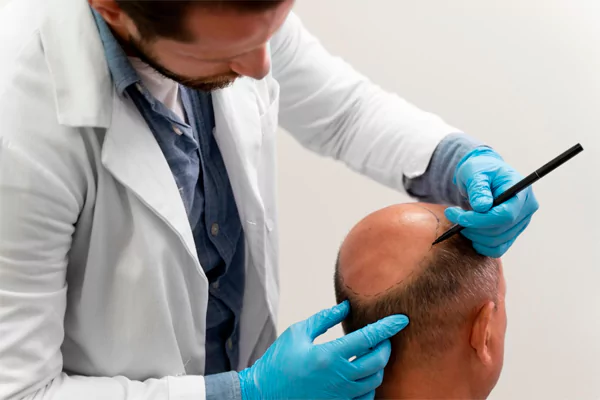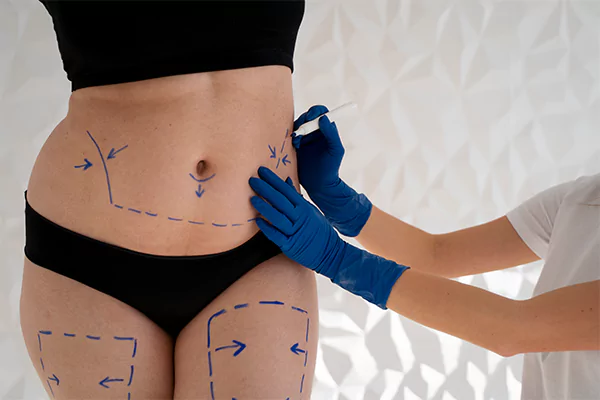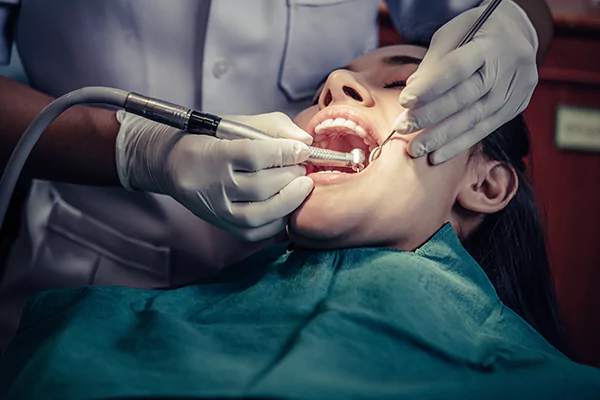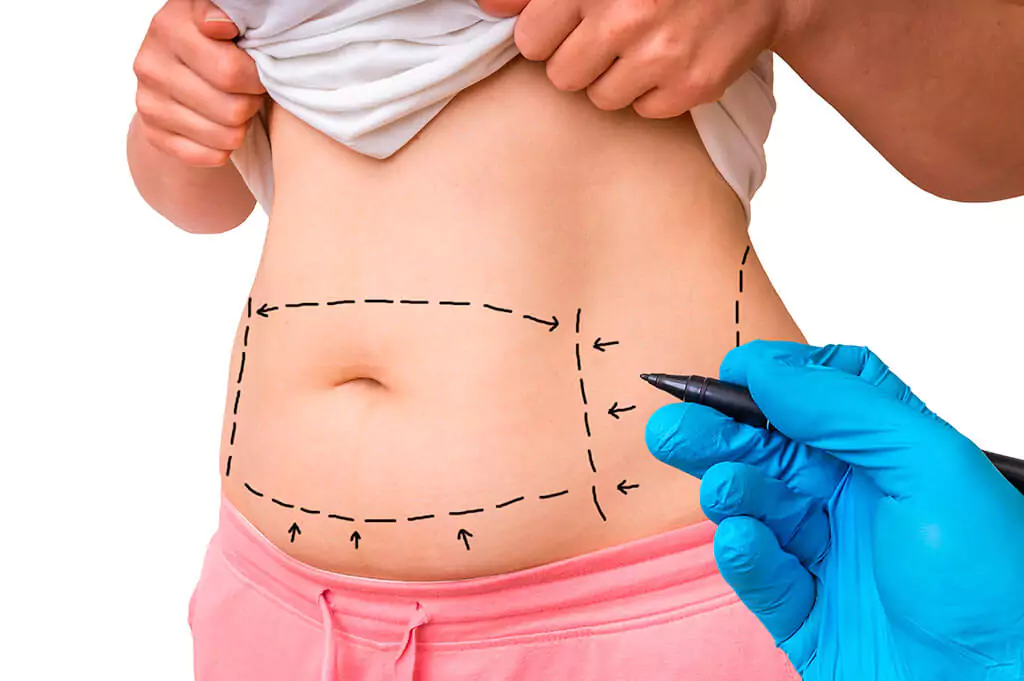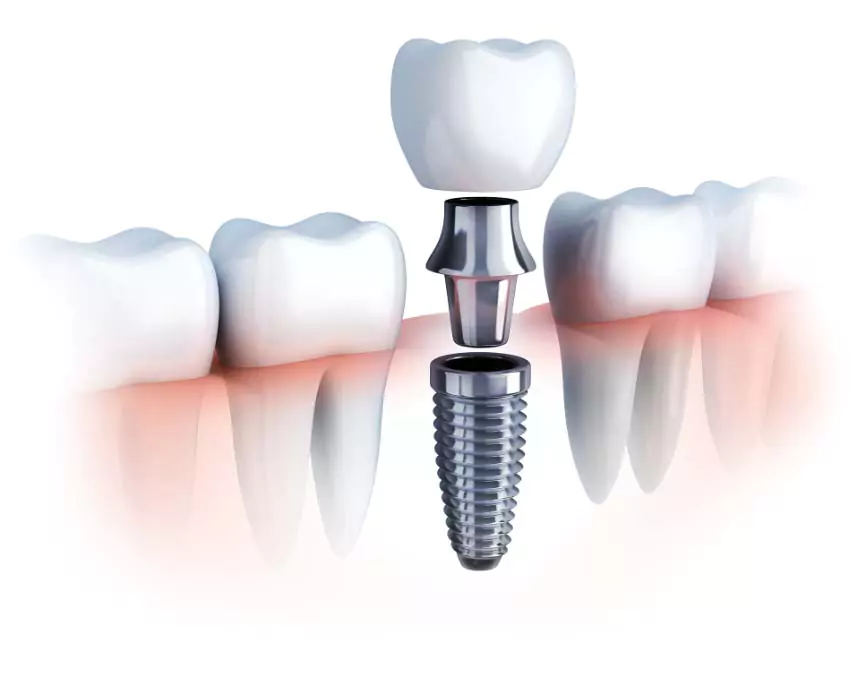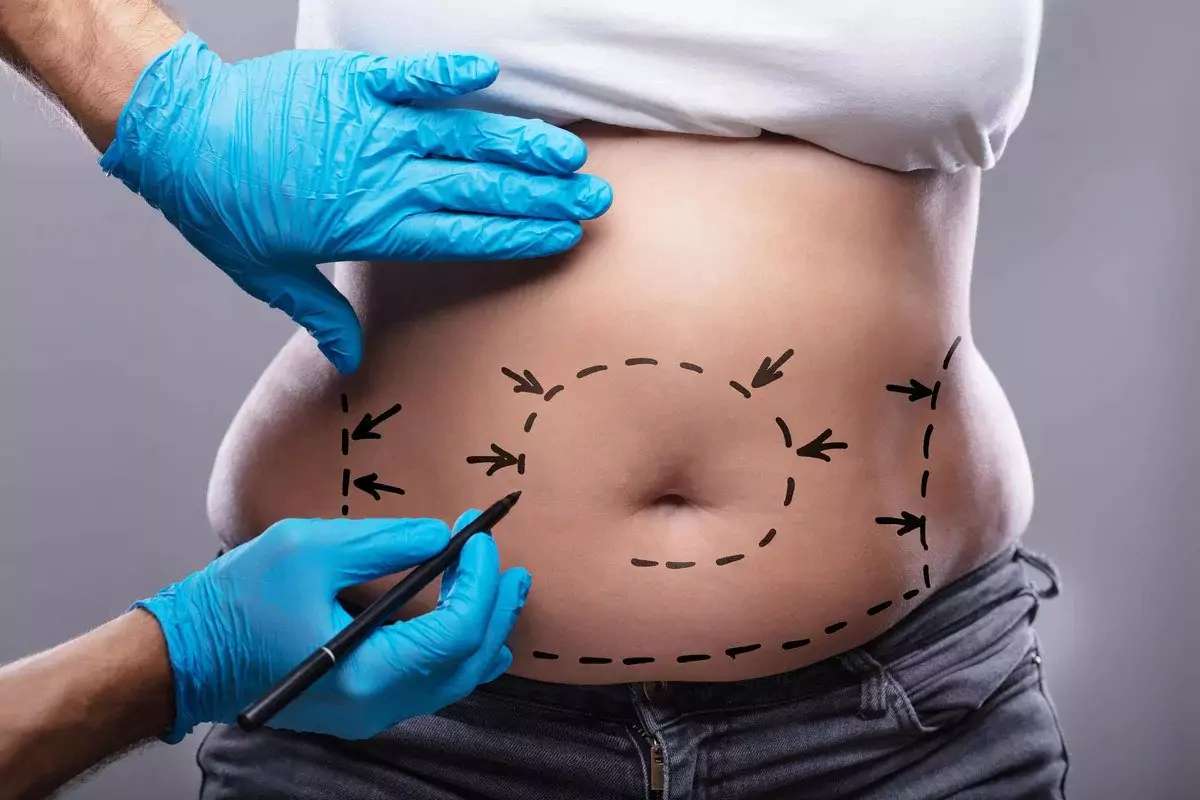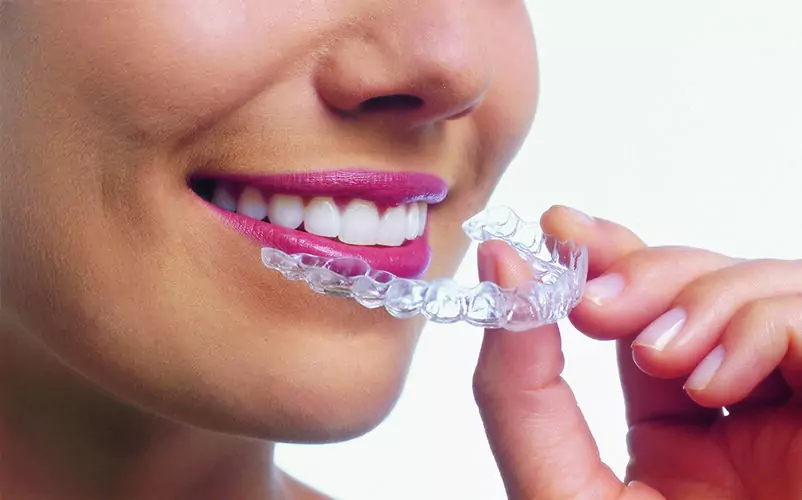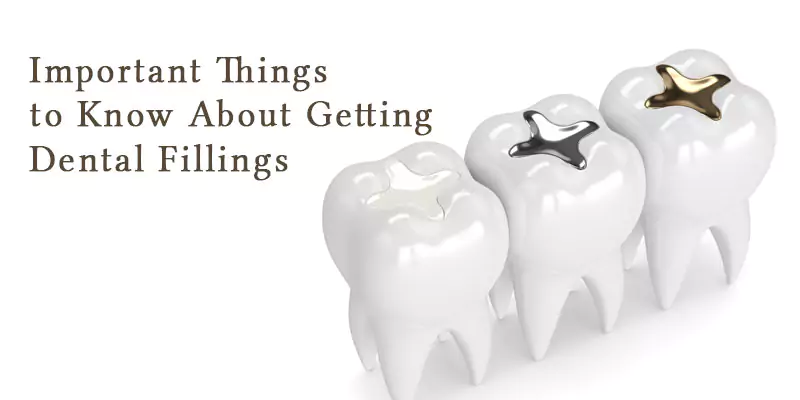If your sunken or "weak" chin bothers you, or you believe your facial features are out of proportion, chin implant surgery might help you feel more confident in your look.
Who can get the surgery?
Chin augmentation is commonly used to balance the look of the face by lengthening or widening the chin in comparison to the nose. People with weak or receding chins (microgenia) but a normal bite are the greatest candidates for chin augmentation.
Anyone who wants to improve their definition of the neck and jawline or reduce the appearance of a full or double chin caused by a small chin bone can get this surgery.
What is Chin Augmentation?
Chin augmentation or enhancement surgery, also known as genioplasty, enhances chin, neck, and jawline features. Typically, surgery entails placing an implant around a patient's existing chin bone in order to increase the size and form of the chin and establish a more naturally beautiful balance of facial characteristics. Chin enlargement, when performed by a trained, experienced cosmetic surgeon, can give a lasting remedy to a weak or depressed chin.
Chin implant surgery is performed after the patient is given a general anesthesia or local anesthesia with sedation. An incision is made under the chin within the mouth and via cosmetic surgery, this incision makes room for a chin implant to be fitted around the chin bone.
Chin implant surgery normally takes less than an hour; however, if additional operations are performed, the operating time will increase proportionately. Sutures are used to seal the incision after surgery, and the chin may be bandaged.
Risks of a Chin Augmentation Surgery
The following are the most prevalent chin augmentation complications:
- Bruising
- The implant's movement
- Swelling
Other issues might include teeth deterioration or feelings of loss. Some uncommon side effects are infections, blood clots that may need the surgeon to remove the implant, continuous pain, skin sensational alterations or numbness.
Benefits of Chin Augmentation
Chin augmentation can help with the following.
- Bring the chin into better proportion with the other features to improve face harmony.
- Improve a recessed or weak chin
- Enhance the definition of the neck and jawline.
- Assist in the reduction of the appearance of a full or "double" chin produced by a tiny chin bone.
POST SURGERY CARE:
You will experience some pain and discomfort. Inquire with your doctor about which type of pain medication you should use. For up to three months, you may have numbness in your chin and a stretching sensation around your chin, as well as a stretching sensation for one week. Depending on the type of treatment you had, the majority of the swelling will be gone in 6 weeks.
For at least a day or two, you may need to keep to a liquid or soft diet. Within a week of surgery, the exterior bandage will most likely be removed. For 4 to 6 weeks, you may need to wear a brace while sleeping. The day following surgery, you can resume modest activities. Within 7 to 10 days, you should be able to return to work and your normal activities. Specific instructions will be given to you by your health care professional.
It is essential to check with a medical practitioner before deciding which treatment to follow, or whether to seek treatment at all. The best way to learn more about treatment options for a tiny or sunken chin is to arrange a consultation with a specialist. If you're thinking about having your chin augmented, see a plastic surgeon. Keep in mind that the goal is to develop, not to achieve perfection.





